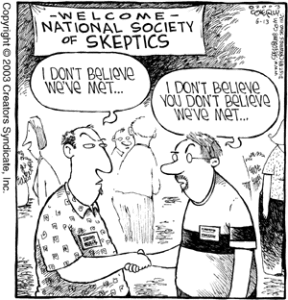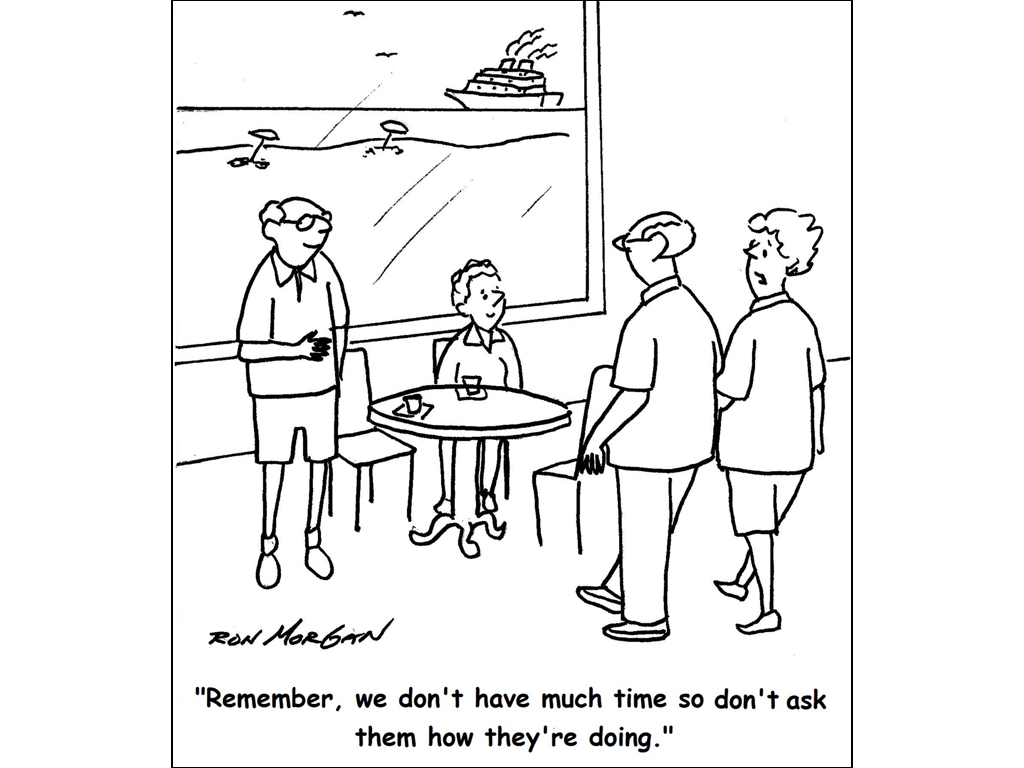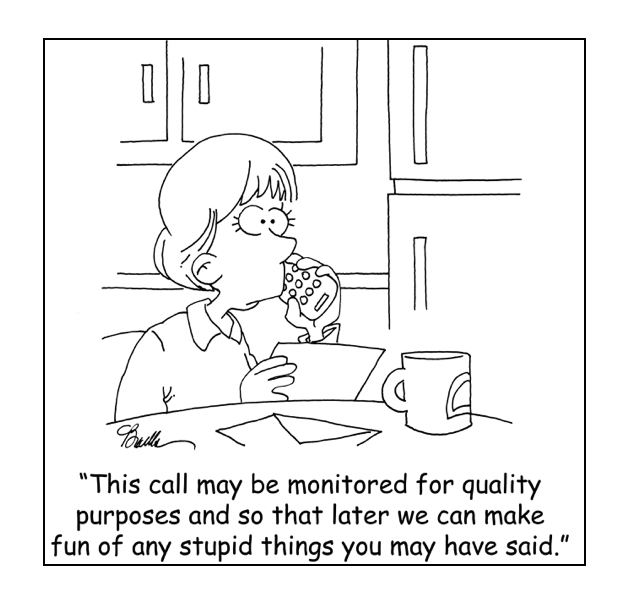 To be a good writer you have to have a good, built-in, shock-proof bullshit detector. Ernest Hemingway
To be a good writer you have to have a good, built-in, shock-proof bullshit detector. Ernest Hemingway
Hemingway surmised that to be a good writer you had to be able to see through the folderol and not be duped by manipulation and deceit. If I may, I’ll rewrite his sentence to read, “To be a wise person you have to have a good, built-in, shock-proof crap detector.” I have extended the application to all persons and chosen a slightly more socially acceptable term.
A crap detector is fueled by healthy skepticism. We all need a dose of skepticism because it protects against naiveté and being taken advantage of.
Be suspicious of advertising, PR, and marketing.
Most advertising is propaganda; it is self-serving manipulation. It is biased and often misleading opinion. It blurs the distinction between perception and reality. When you hear a radio ad say “AAA Plumbing Company really loves its customers,” don’t be fooled. Of course they’re going to say that. Would you expect them to say “We really don’t care much about our customers; we just want your money”?
Fortunately, the Internet has given consumers new tools to see through the haze and shop smartly. Customer reviews can provide clear insights into products and services. So don’t fall prey to Madison Avenue.
Be distrustful whenever money is being exchanged.
Chances are good that the AC repairman is overcharging you. The suggested auto repairs your local Firestone store is recommending may be unnecessary. The medical treatments proposed by your doctor may or may not be necessary.
That’s why it’s prudent to always get multiple opinions and multiple bids. If you always get at least five bids on all products and services, you’ll typically save around 30%.
Be wary of political rhetoric.
I don’t listen to either Fox News or CNBC because neither reports unadulterated news; they give biased commentary on select topics. Interestingly, the BBC is a more impartial and reliable source for news about American politics and events. The Economist magazine, printed in Great Britain, is also a good source.
During political campaigns, it’s hard to trust what candidates are saying, because their messages are constantly being adjusted based on public opinion.
Be skeptical.
I’m not advocating philosophical skepticism, a branch of philosophy that questions the notion of absolute truth. I am promoting practical skepticism, a mindset that seeks to identify and debunk both intentional and unintentional falsehood.
Don’t be consumed by skepticism or allow it to morph into cynicism; it should not define your personality or outlook on life; not everyone is out to “get you.” You don’t want to be known as a negative, crotchety, and sullen cynic. But you do want to be wise, insightful and prudent.
Brian Dunning shares these interesting thoughts on skepticism:
“The true meaning of the word skepticism has nothing to do with doubt, disbelief, or negativity. Skepticism is the process of applying reason and critical thinking to determine validity. It’s the process of finding a supported conclusion, not the justification of a preconceived conclusion.
“The scientific method is central to skepticism. The scientific method requires evidence, preferably derived from validated testing. Anecdotal evidence and personal testimonies generally don’t meet the qualifications for scientific evidence, and thus won’t often be accepted by a responsible skeptic; which often explains why skeptics get such a bad rap for being negative or disbelieving people. They’re simply following the scientific method.” (Brian Dunning © 2015 skeptoid.com)
[reminder]What are your thoughts about this essay?[/reminder]
Summary
What? – When properly employed, skepticism is an asset.
So what? – An appropriate level of skepticism will make you a wiser person.
Now what? – Become selectively skeptical, particularly regarding the three areas mentioned above.
Leaders – Vet everything. Try to see all issues from multiple angles. Pursue facts. Have a wholesome and balanced mistrust of all vendors. Get multiple bids on all work-for-hire.



